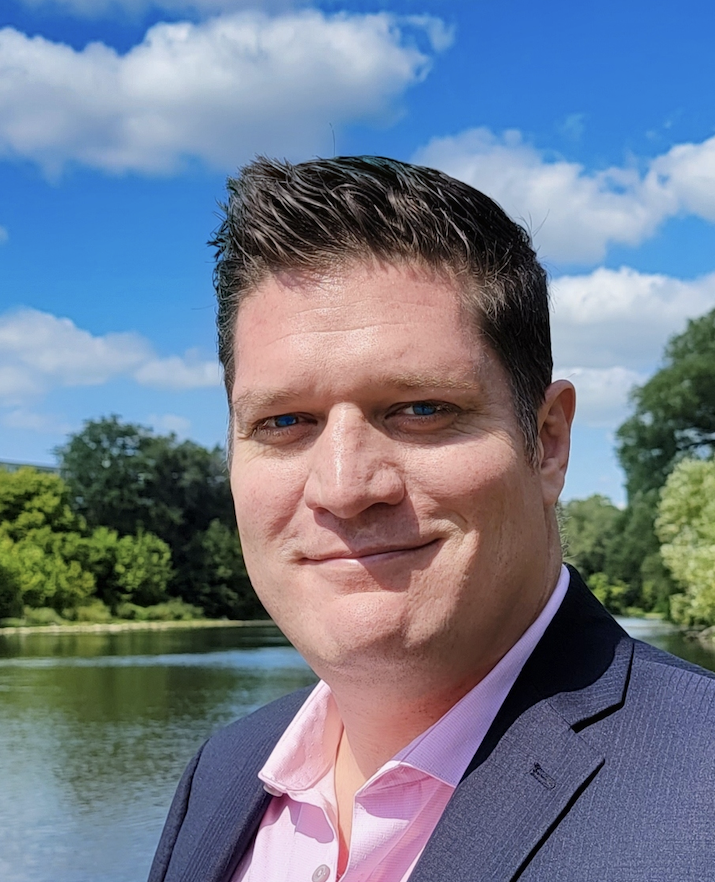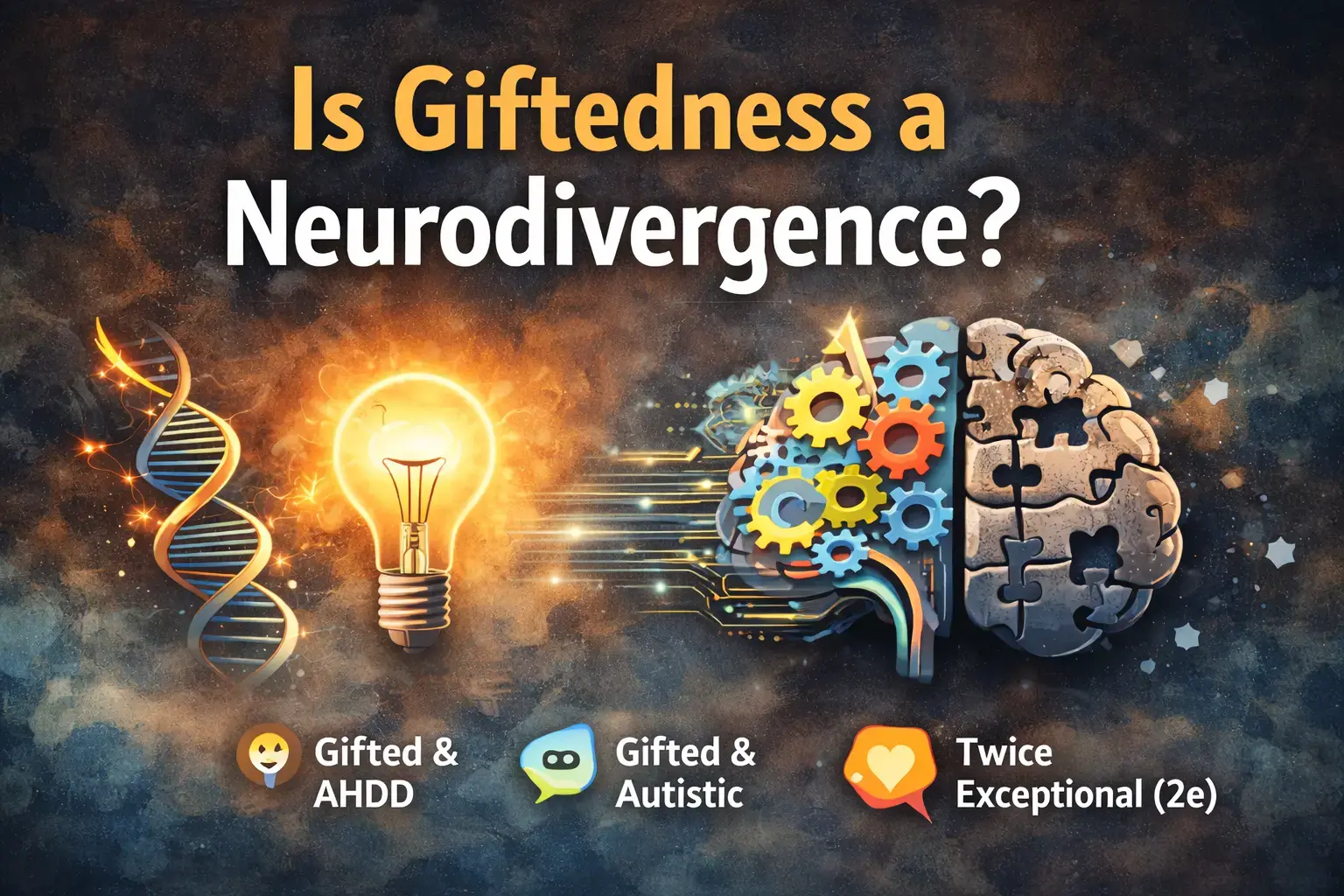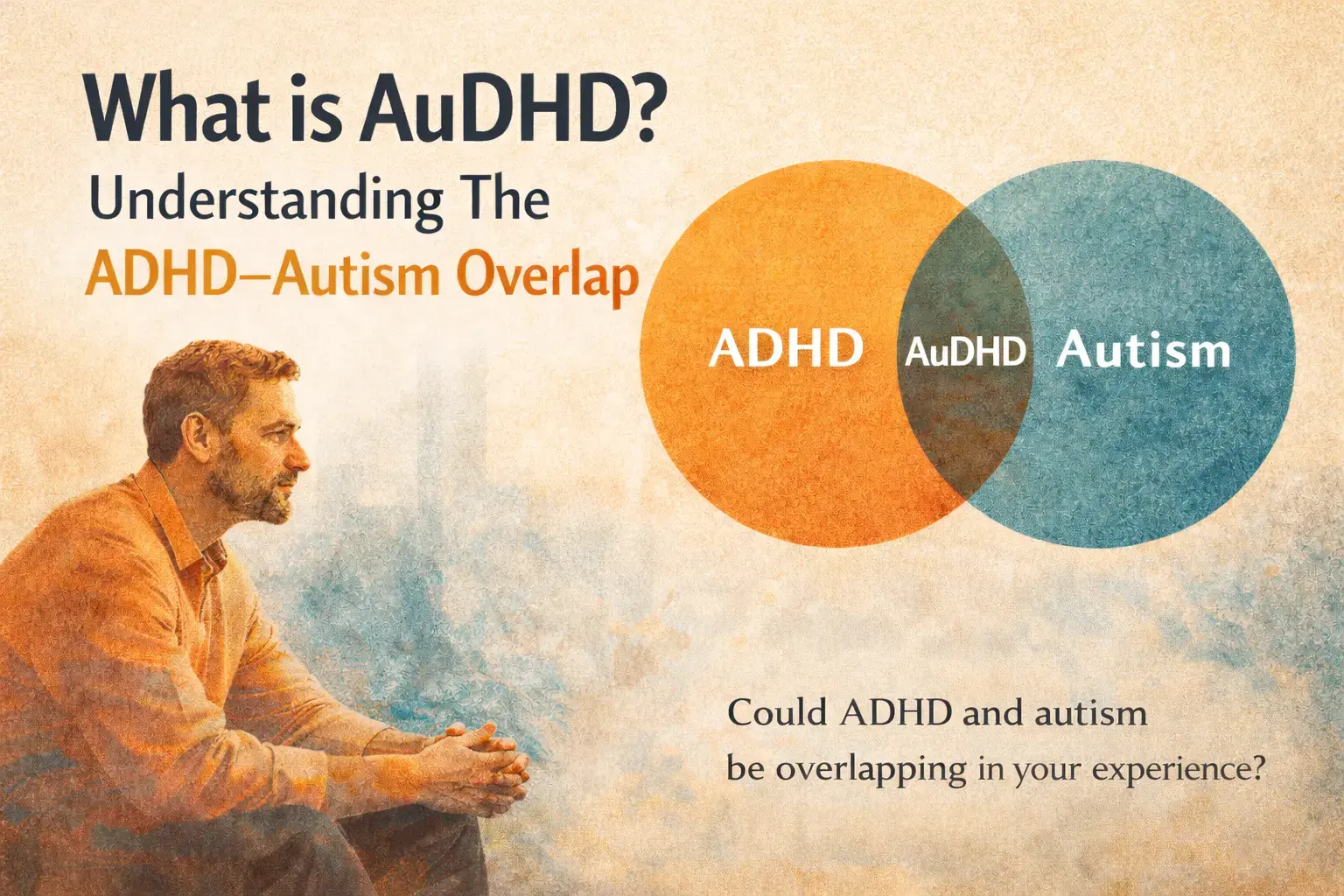Neurodiversity‑Affirming Therapy for Autistic & ADHD Adults
Living with ADHD can feel like riding an emotional rollercoaster—periods of intense focus and productivity followed by overwhelming exhaustion and difficulty concentrating. But here's where it gets complicated: many adults with ADHD find themselves caught in a confusing cycle where they can't tell if what they're experiencing is typical ADHD symptoms or something else entirely. That "something else" is often burnout, and the two conditions share remarkably similar presentations that can leave even experienced individuals questioning what's going on.
The Blurred Lines Between ADHD and Burnout
ADHD and burnout create a perfect storm of overlapping experiences. Both conditions can manifest as difficulty concentrating, feeling overwhelmed by daily tasks, experiencing emotional dysregulation, and struggling with executive functioning. The key difference lies in the underlying causes and the trajectory of symptoms.
ADHD is a neurodevelopmental difference that affects how your brain processes information, manages attention, and regulates impulses. These traits have likely been present throughout your life, though they may have been masked by coping strategies or supportive environments. Burnout, on the other hand, develops over time as a response to chronic stress, often from trying to function in environments that don't accommodate your neurological needs.
You may appreciate the tools shared in 10 ADHD coping strategies.
Understanding the ADHD-Burnout Connection
For many adults with ADHD, burnout doesn't happen overnight. It builds gradually as you push yourself to meet neurotypical expectations without adequate support or understanding of your own needs. The constant effort to focus in distracting environments, remember details without external systems, and regulate emotions without appropriate tools creates a state of chronic stress that eventually depletes your resources.
What makes this particularly challenging is that ADHD brains often have different patterns of energy and attention. You might hyperfocus on projects for hours, neglecting basic needs like eating or sleeping, only to crash later. This boom-and-bust cycle can accelerate the path to burnout, especially when combined with societal pressure to maintain consistent productivity.
The symptoms of burnout in ADHD adults often include increased difficulty with tasks that were previously manageable, heightened emotional sensitivity, physical exhaustion that doesn't improve with rest, and a sense of disconnection from activities that once brought joy. These experiences can be mistaken for worsening ADHD symptoms, leading to medication adjustments or increased self-criticism rather than addressing the underlying burnout.
The Unique Challenges of Autistic-ADHD Individuals
For those who are both autistic and have ADHD, the complexity increases exponentially. The intersection of these neurotypes creates unique strengths and challenges that require specialized understanding. Autistic-ADHD individuals often experience sensory overwhelm more intensely, have additional executive functioning challenges, and may struggle with the competing needs of routine (autism) and novelty (ADHD).
Burnout in autistic-ADHD adults can look different from burnout in neurotypical populations. It might manifest as increased sensory sensitivity, difficulty with transitions, loss of speech or communication abilities, or a shutdown response rather than the more commonly recognized signs of stress. These presentations are often misunderstood or pathologized rather than recognized as valid responses to overwhelming demands.
For identity integration, you may resonate with the role of identity in neurodivergent healing.
How Therapy Can Help Untangle the Web
Mental health counselling online offers a unique opportunity to explore these complex intersections in a supportive, accessible format. Through neurodiversity-affirming therapy, individuals can begin to separate their core neurological traits from the effects of chronic stress and burnout.
The therapeutic process begins with psychoeducation about both ADHD and burnout, helping you understand how these conditions interact in your specific situation. This knowledge alone can be profoundly validating, especially for adults who have spent years wondering why strategies that work for others don't seem to fit their experience.
ADHD coaching integrated with therapeutic support provides practical tools for managing daily life while honouring your neurological differences. This might include developing personalized organization systems, creating sustainable routines that account for ADHD energy patterns, and learning to recognize early signs of burnout before they become overwhelming.
Therapy also addresses the emotional impact of living with ADHD in a world that often doesn't understand or accommodate neurodivergent needs. Many adults carry shame, frustration, and self-doubt from years of being told they're "too much" or "not enough." Processing these experiences is crucial for developing a healthy relationship with your ADHD traits.
The Neurodiversity-Affirming Approach
Traditional therapeutic approaches often focus on "fixing" ADHD symptoms or helping individuals appear more neurotypical. Neurodiversity-affirming therapy takes a fundamentally different approach, recognizing ADHD as a neurological difference rather than a disorder to be cured. This perspective shifts the focus from changing yourself to creating environments and strategies that support your natural way of being.
In practice, this might mean exploring how to structure your work environment to minimize distractions rather than forcing yourself to focus in chaotic settings. It could involve developing communication strategies that honour your need for processing time rather than pushing yourself to respond immediately in all situations. The goal is to reduce the chronic stress that leads to burnout by creating better alignment between your needs and your environment.
Online counselling Ontario provides particular advantages for neurodivergent individuals, offering the comfort of familiar surroundings, reduced sensory input, and the ability to move or fidget during sessions without judgment. This format can make therapy more accessible and effective for those who might struggle with traditional in-person settings.
Building Sustainable Coping Strategies
Recovery from ADHD burnout isn't about returning to previous functioning levels; it's about creating sustainable ways of living that prevent future burnout while honouring your neurological needs. This process involves developing what I call "energy accounting," which is developing an understanding of your patterns of energy, attention, and emotional regulation, and making choices that respect these patterns rather than fighting against them.
Sustainable strategies might include breaking large tasks into smaller, manageable pieces, using external systems for memory and organization, scheduling regular breaks and recovery time, and learning to say no to commitments that don't align with your values or energy capacity. The key is finding approaches that feel authentic and sustainable rather than forcing yourself into systems designed for neurotypical brains.
Moving Forward with Self-Compassion
Perhaps the most important aspect of untangling ADHD from burnout is developing self-compassion. Many adults with ADHD have spent years criticizing themselves for struggles that are predictable responses to environments that don't fit their needs. Learning to treat yourself with kindness and understanding is both a therapeutic goal and a practical strategy for preventing future burnout.
This self-compassion extends to accepting that your path to wellness might look different from others'. Recovery isn't linear, and what works for neurotypical individuals might not be the right fit for you. The goal is to develop a toolkit of strategies that honour your unique neurological profile while supporting your overall well-being.
Ready to Untangle ADHD from Burnout?
If you're struggling to distinguish between ADHD symptoms and burnout, you're not alone. The journey to understanding your neurodivergent experience and developing sustainable coping strategies is deeply personal, but you don't have to navigate it alone.
You may also enjoy Neuro-Affirming Therapy: What It Is & How It Helps and Trauma-Informed Care for Neurodivergent Adults.
Take the first step toward clarity and sustainable well-being. Contact us today to learn how neurodiversity-affirming therapy can help you distinguish between your core ADHD traits and the effects of burnout, and potentially empower you to create a life that fits who you are.
If what you’ve read resonates with your experiences, you’re welcome to learn more about how we might work together. At Becoming Yourself Counselling, therapy offers a supportive space to reflect, explore, and move at your own pace.
If you’d like to understand how I support autistic, ADHD, and AuDHD adults, you can visit my services page to learn about my counselling services designed specifically for neurodivergent adults
If the intersection of Autism and ADHD resonates with your experience, you’re welcome to reach out through my contact page to explore supportive therapy.
Or stay on the blog and learn more about ADHD, Autism, and Giftedness.
Blog Disclaimer
This blog includes occasional personal anecdotes used to illustrate therapeutic ideas and foster connection. All identifying details have been altered or omitted to protect confidentiality. These reflections are intended as examples only; every individual’s experience is unique, and what resonates for one person may not apply to another.
The information provided here is for educational and informational purposes and should not be considered a substitute for professional medical or mental health advice, diagnosis, or treatment. If you have concerns about your health or well-being, please consult a qualified healthcare provider or licensed mental health professional.
Psychotherapy services described on this site are available to residents of Ontario. If you are interested in support or would like to schedule a complimentary 20-minute consultation, you are welcome to contact me through my practice.
These resources are offered to support your learning and self-understanding as you move toward a more grounded, authentic, and meaningful life.

Michael Holker HBA, BSW, MSW
Michael Holker, MSW, RSW, is the compassionate heart behind Becoming Yourself Counselling. Discovering his own neurodivergence later in life shaped his existential, humanistic, and strengths-based approach to therapy. Guided by his lived experience, Michael helps neurodivergent individuals move beyond self-criticism toward self-understanding, self-compassion, and self-acceptance. His work invites clients to honour their journeys, embrace their resilience, and reconnect with their authentic selves, cultivating a life of greater alignment and meaning.


